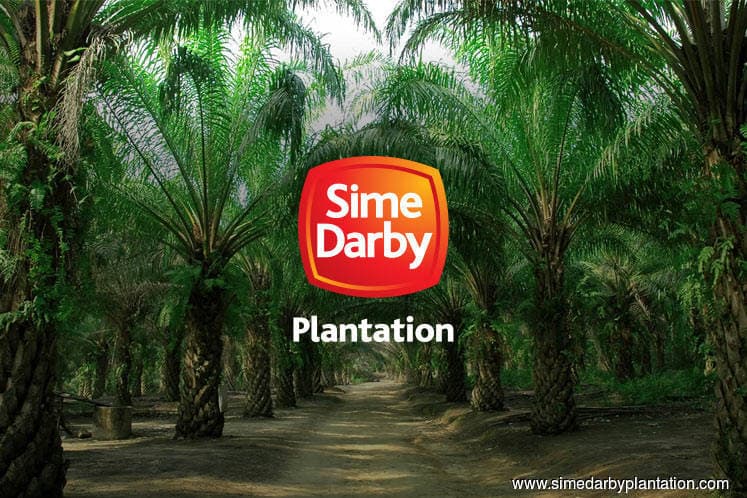
KUALA LUMPUR (May 23): Sime Darby Plantation Bhd (SDP) has launched an open access online tool, dubbed Crosscheck, that allows the public to trace sources of palm oil supply down to the mill level.
This is in line with the plantation giant’s commitment to the no-deforestation, no-peat and no-exploitation (NDPE) policy, said SDP executive deputy chairman and managing director Tan Sri Mohd Bakke Salleh.
Speaking at the launch here today, he acknowledged the worldwide concern over palm oil production leading to deforestation and how more major global customers require more confidence that the palm oil they buy is not associated with deforestation acts.
“SDP believes the frontier to halting deforestation is traceability. Tracking supply back to its source will make it possible to identify where problems may exist, so that people can raise the alert for action to be taken.
“Crosscheck makes this possible for the very first time and it is an important step towards the full traceability of our supply chain,” he said.
SDP chief sustainability officer Dr Simon Lord, who was present at the event, said the platform, which has been in the works for some three years, was launched in order to “shed light where there is currently a shadow”.
“We are not only providing the names and locations of the mills, but we are going further to provide information on who owns them, on associated risk areas, and links to satellite data. It will allow anyone to check data about mill locations against risk and real events on the ground,” he said.
Lord added that actions, including suspension, will be taken on non-compliant players along its supply chain, with an opportunity for future re-engagement.
“To suspend without a route back, drives people into what we call the leakage market… and that’s not going to save the wildlife of the forest or of the peat, or prevent exploitation of people,” he said.
SDP is the world’s largest oil palm plantation company by planted area, producing about 4% of the global crude palm oil output.
Its upstream operations, which consist predominantly of oil palm cultivation, harvesting, and milling are spread across Malaysia, Indonesia, Papua New Guinea, the Solomon Islands and Liberia, while its downstream business spans across 14 countries worldwide and involves the manufacturing as well as the sales and marketing of oils and fats products, palm oil-based biodiesel, nutraceuticals and other derivatives.